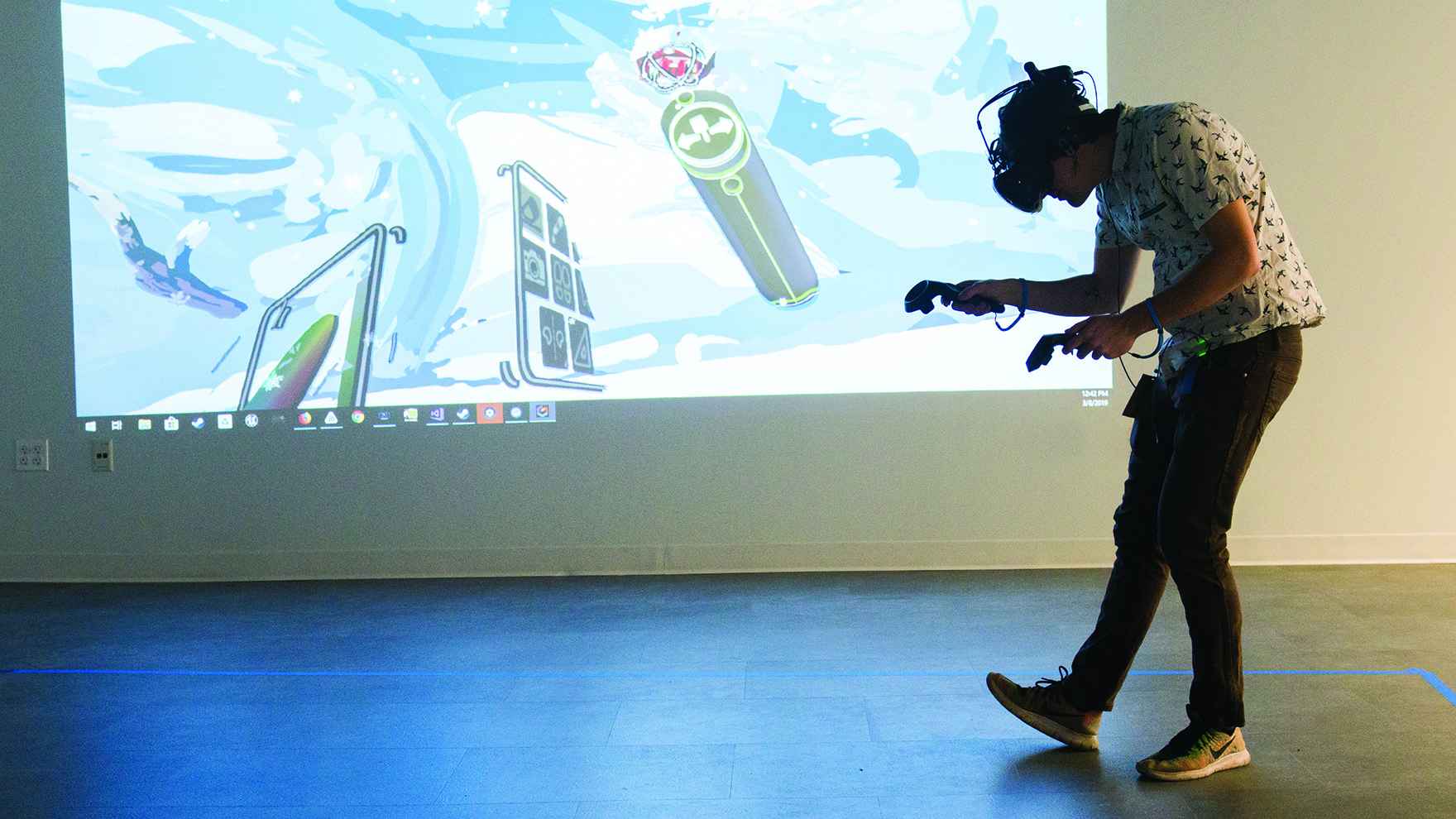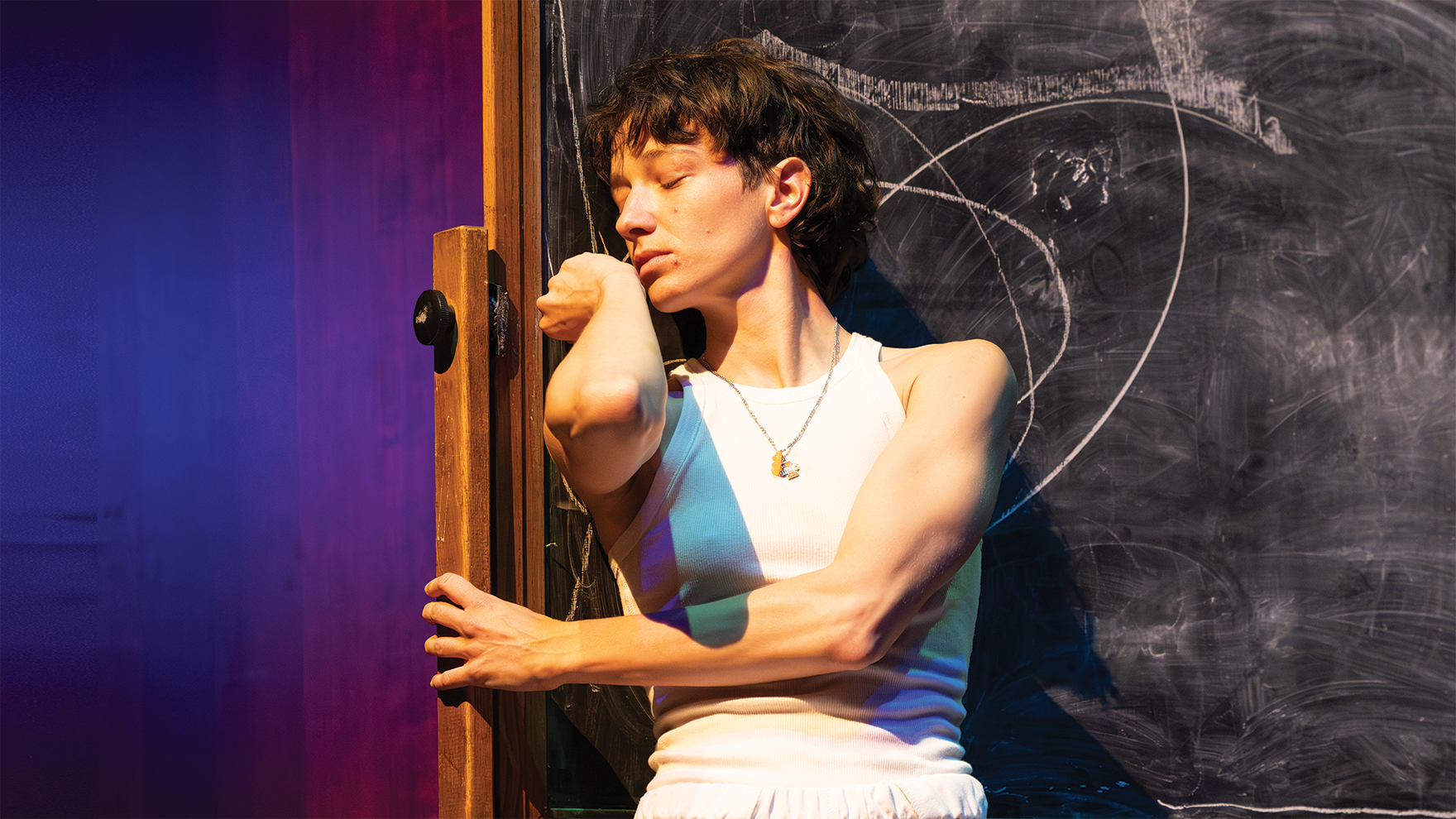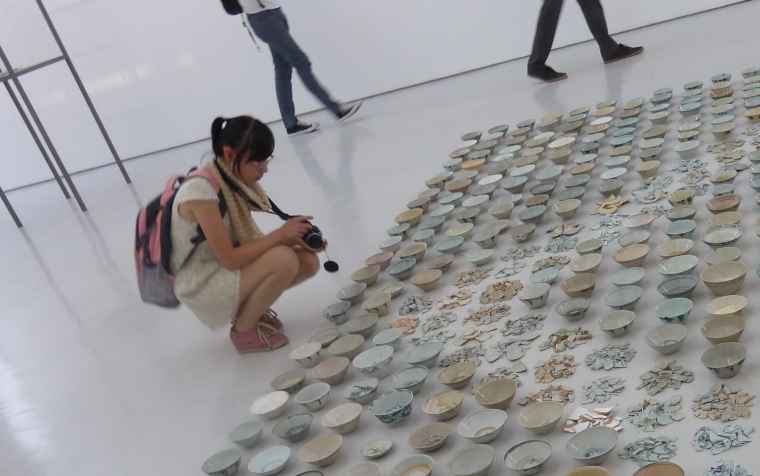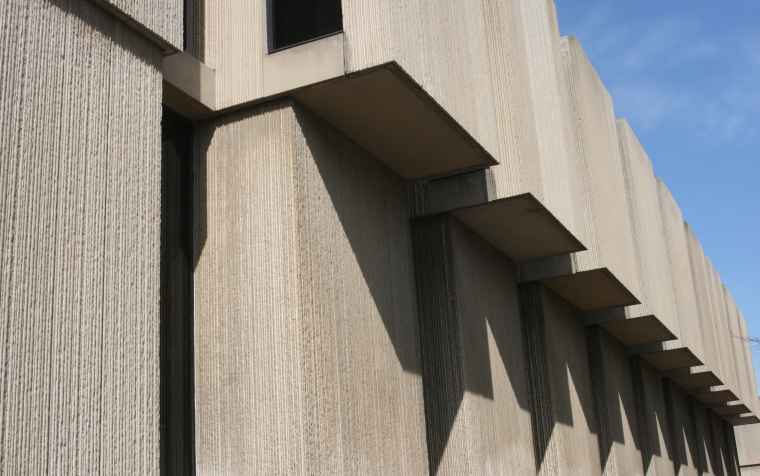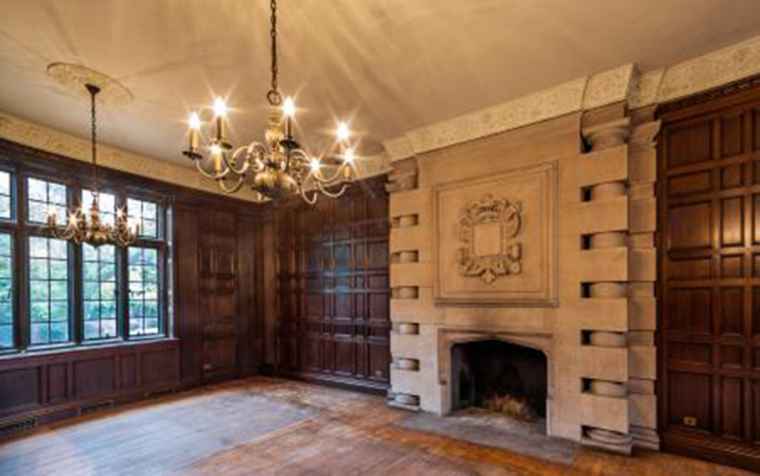Jessica Stockholder, Current Students, and Alumni Discuss Color at Logan Center
Master Class: Graduate Students Discuss Teaching Methods with Peers
Arriving on campus before classes begin might seem like an activity limited to first-years. However, the 300 graduate students that headed to the Center for Teaching and Learning this past fall were in for their own kind of orientation--an intensive two-day instruction workshop to prepare them for teaching College courses. Students took part in large-scale discussions about classroom ethics and attended smaller group sessions devoted to topics ranging from teaching in the American classroom to the role of the teaching assistant.
Contemporary Music Ensemble CUBE Performs at Fulton Hall
On Feb. 3, 2013, Chicago-based contemporary chamber music ensemble CUBE marked its 25th anniversary with a concert, titled "Hanging From the Edge," at Fulton Hall. CUBE has strong ties to the University of Chicago community: Patricia Morehead, the founder of CUBE, received her PhD in composition from the University, and John Eaton, Professor Emeritus in Music, serves on its advisory board along with Augusta Read Thomas, University Professor in Music.
A-J Aronstein, AM'10, Featured in 'Paris Review Daily'
It's a balmy 38 degrees today in Chicago, but an article by A-J Aronstein, AM'10, in the Paris Review Daily reminds us not to get too comfortable. Aronstein, an alumni of the Master of Arts Program in the Humanities (MAPH), meditates on how the unique cold of February in Chicago affects our bodies and brains, leading us from Lacan to Netflix and from selfish survival to the promise of OKCupid.
